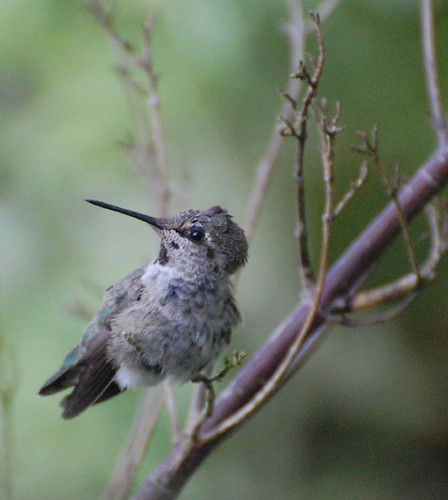Since the news about Anthony
Bourdain, many people are composing little treatises on depression, “personal
struggles” and self-love.
I personally think there are
two kinds of people in the world: the ones who don’t know why or how a person
could kill herself, and the ones who know.
The Ones Who Know may not
have made the attempt, may not ever do so.
But we have contemplated it. And
to us, it isn’t a rash, desperate decision brought on by an emotional crisis. It’s a long considered, rational thought
process that is finally acted upon after the body of incontrovertible evidence
that life is too difficult, and one’s permanent absence would only benefit
those left behind, has reached a tipping point.
Those Who Don’t Know inevitably make judgments about people
who do carry out the act. Judgments that
are mostly about them, and not about the one who has ended her life. They opine that the person was ill,
desperate, in pain, and why oh why didn’t she come to me, go somewhere, get
help? Or, why didn’t I
know? Or, how could she have been so
selfish? Or, how could she have hated herself
or her loved ones so much? I can only
impart this message to these well-meaning, hurting folks:
It’s not about you.
At least, not in a selfish or
unconsidered way. It isn’t as if the
person who ends her own life is thinking only of herself and is lost in deep
pain. She most likely has considered the other people whose
lives touch hers most closely, and has made the decision that her absence will
ultimately be best for them; because she can’t continue to be the prime source
of worry, irritation, frustration, annoyance, desperation…pain…in the lives of the people she loves. Ending her life might be the least selfish
act she has ever contemplated. “I will take this step into the Great
Unknown because I just can’t keep hurting people anymore.”
Now, I know people whose
loved ones have died of suicide will probably be offended by my analysis. And I know that Those Who Don’t Know will be
apt to dissect my conclusions and judge them to be the ravings of one who has
serious emotional issues. They will say my
view is poisoned by my own psychological problems. Anyone who can “rationalize” suicide must be
mostly unbalanced herself.
I’m not rationalizing
anything. I’m not advocating killing oneself
as a solution to anyone’s issues. I’m
simply saying I have been this close
to carrying out the act myself, so I know that it can feel like...perhaps even
BE… the best action one can take when all things are considered.
Each person ultimately has
her own life in her own hands. And if someone
chooses to end it when she feels the time is right, who are we to judge?
If Those Who Don't Know need some
direction as to how to keep someone from performing the ultimate act of
self-determination, I would suggest this:
Tell the people you love,
especially the ones who may be struggling, that they are important. Don’t waste your breath on “I love you.” “I love you” is really a pretty selfish
pronouncement, when you get right down to it.
It makes the whole relationship about YOU, about YOUR needs. Any sentence that begins with “I” is by
definition about the person who utters it.
It comes with an unspoken “so…” “I
love you, SO you need to _________.” Stick
around. Not go away. Be in my life. Not die. Fill in the blank.
Try communicating to your
loved ones this way: “YOU are important.” “YOU enrich my life, or someone else’s life,
in this way” and be specific. Tell your
loved ones WHAT you value about them.
Tell them in no uncertain terms how the world, how the family, how YOU
benefit from their unique gifts/input/existence. From my perspective, the best thing anyone
can do for a person who believes her existence is only burdensome to those
around her, is to make her understand the positive contribution she makes…to
anything. To everything. To YOU.
To the universe. It can make a
great deal of difference to know there is SOME good thing that will no longer
happen if one is not around to MAKE it happen.
And even THAT is not
guaranteed to redirect a person who has made the decision to end her life.
In the end, that decision is
in the hands of the person who owns the life.
To those left behind, and to
Those Who Don’t Know: It’s not your fault.
It’s not the fault of the person who has gone.
It’s nobody’s fault. Don’t look
for fault. Don’t look for blame: Don’t
blame yourself, don’t blame your departed loved one. Grieve, because you must, but know that grief
is essentially about the living. Those
who still inhabit the earthly plain loved a person, will miss a person, understand
the width and breadth of the hole left behind by a person who is now
permanently absent. But I would beg you
to honor that person you loved, enough to acknowledge that her life was hers to
live and her decision to end it was based upon her best judgment of the options
available. Consider that the decision
was not based on illness, or lack of courage, or selfishness.
Do not regret the life of
your loved one who has taken her own life.
Celebrate her, and move on as best you can…as you would if her death was
from any other cause. Life ends in an
almost infinite variety of ways, but it always ends.
Some souls are just more
accepting of that fact than others.





















